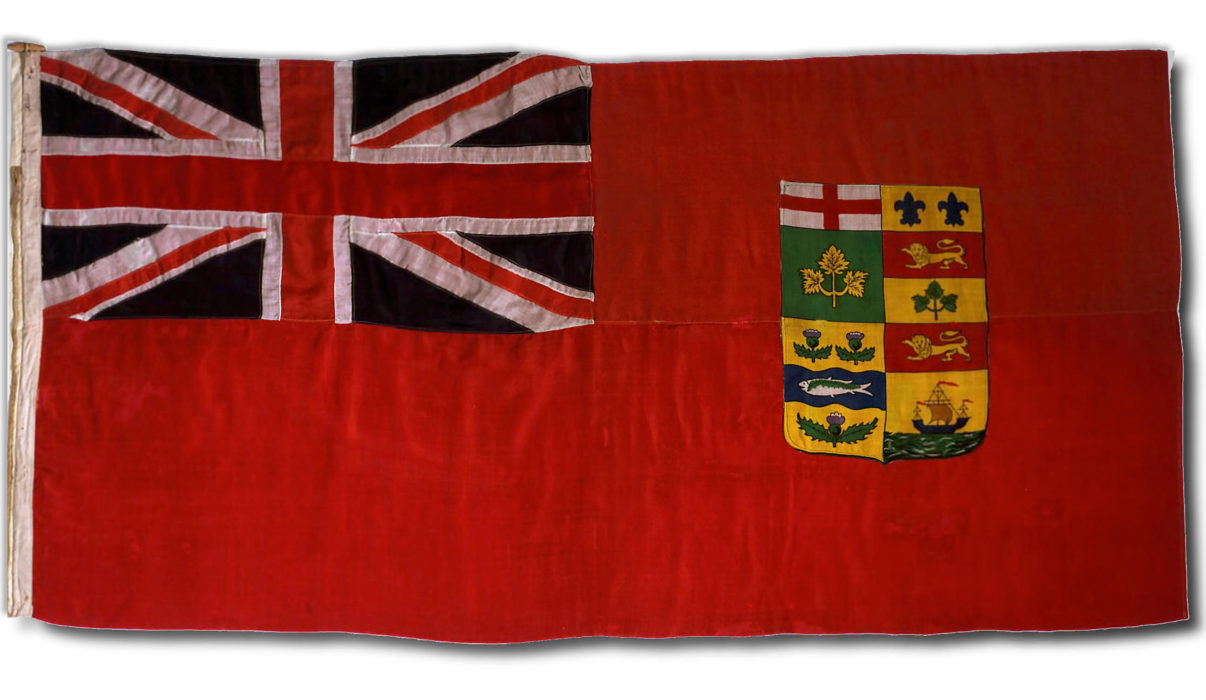ON ‘ABDU’L-BAHÁ’S FIRST MORNING in Canada, the front page of the largest newspaper in the country’s largest city printed an original pencil sketch of the “messenger of peace from the Orient to the Occident” who brought the city a clear message: “Be happy! You in Canada live in a magnificent, peaceful country. Be happy!”
The editor of the Montreal Daily Star, who was waiting for ‘Abdu’l-Bahá to arrive on the night of August 30, chose to highlight the apparent contrast of this “Apostle of Peace” predicting “an Appalling War” in Europe.
One of the major differences between Canada and the United States in 1912 was that Canadians saw world events through the lens of their membership in the British Empire. When ‘Abdu’l-Bahá spoke about a coming war in Europe, the warning held an immediacy for Canadians that it lacked in the United States. Britain was sure to be a principal player in any coming conflict, and as part of the Empire, Canada would be automatically involved.
Amongst Anglophone Canadians especially, talk of war was framed in terms of imperial or national duty and an opportunity to demonstrate manly virtues. In the context of such dominant ideas, ‘Abdu’l-Bahá’s statements about war were bold and, as the editor saw them, quite surprising.
“War must cease,” ‘Abdu’l-Bahá declares. “There is something above and beyond patriotism, and it is better to love your fellowmen than to love only your countrymen. When we see this and know in very truth the brotherhood of man, war will appear to us in its true light as an outrage on civilization, an act of madness and blindness . . . we shall recognize that we were like men in a dungeon, fighting and slaying ourselves.”
In his interview with the Star, ‘Abdu’l-Bahá praised Canadians to the extent that they were not building up armaments. “What a contrast is presented in your country,” ‘Abdu’l-Bahá told the reporter. “Canada should be a very happy land. So far removed from such a condition of strife.” ‘Abdu’l-Bahá found great receptivity to the message of peace in Canada and the United States. “On this side of the Atlantic the peace message is well received; but in Europe, there is an apathy, a listlessness that is distressing,” he said. In “the old world, the inventive genius of man now seemed to be turned almost exclusively to the fabrication of murderous weapons of warfare.”
‘Abdu’l-Bahá was sure that an “era of universal peace” was possible, but feared that before this, the world was headed towards “a war of colossal proportions” which “would be the most appalling in the world’s history.” He noted that much of the suffering endured by the common people of Europe was connected to this arms race. The idea that men would be pulled away from “productive employment” and “trained to slay one another,” he said, “was supreme madness.”

The Star noted that ‘Abdu’l-Bahá had been “deeply impressed by his tour of the United States and is looking forward with a great interest to his visit to Canada” where “the [Bahá’í] movement has many adherents,” including “quite a number” in Montreal. Montreal was in fact the center of greatest activity for the early Bahá’í community in Canada, and at the center of this activity was May Maxwell.
‘Abdu’l-Bahá was staying at the home of May and her husband Sutherland Maxwell, who were members of Montreal’s Anglophone minority, living in the city’s most exclusive and wealthy neighborhood. They used their extensive social networks to maximize the impact of ‘Abdu’l-Bahá’s visit.
Within the first few hours of his arrival in Montreal, the impact of these efforts were evident in the growing public knowledge of his arrival in the city. Over lunch, Sutherland Maxwell told them how easy it was to retrieve the visitors’ luggage at the customs house when the government official opened their bags and saw a photo of ‘Abdu’l-Bahá. The official asked, “Is this the picture of the prophet of Persia?” When Sutherland Maxwell told him “Yes” he released the bags, saying “There is no need to inspect this luggage.”
‘Abdu’l-Bahá’s stay in Montreal, originally a two-day detour to visit May Maxwell, was quickly transforming into one of the most publicized, eventful, and attended stops on his entire North American tour. He drew such a crowd on the first full day in Montreal that those managing his schedule suggested he send everyone away and get some sleep. “No, this is the time to work,” ‘Abdu’l-Bahá told them. “We must not think of fatigue. Everyone is to be met.”
One of those he had met early that morning was a reporter for the Standard who published his interview with ‘Abdu’l-Bahá in the paper’s afternoon edition.
“You have a very beautiful country and you must be very happy here,” “Abdu’l-Bahá told him. “My message to the Canadian people is this: Your country is very prosperous and very delightful in every aspect; you have peace and security amidst you; happiness and composure are your friends; surely you must thank God that you are so submerged in the sea of His mercy.”






